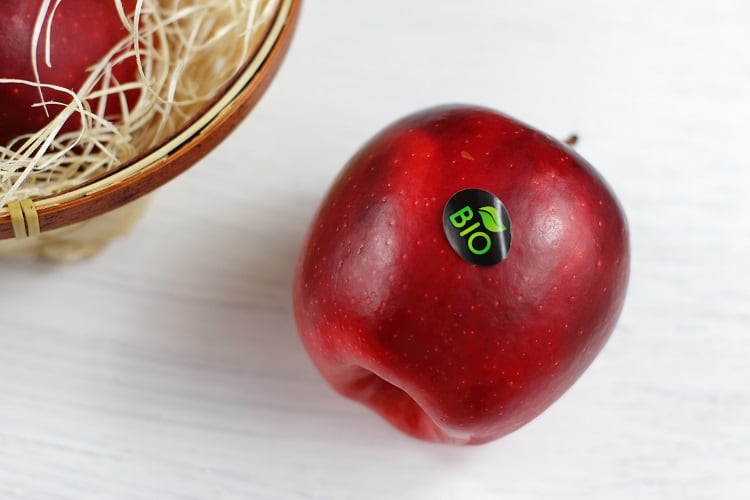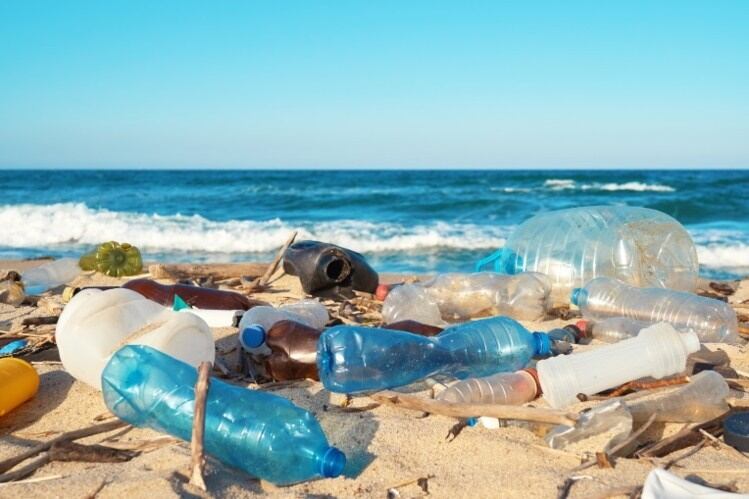An increasing amount of foreign material is found in organic waste. In Italy, it has been estimated that around 5% of organic waste is made up of non-biodegradable materials, such as plastic bags and metals.
Two-third of these come from plastic materials, and a significant 50% comes from packaging. In household organic waste, common examples include fruit label stickers and plastic bags mistaken for compostable and biodegradable alternatives.
As just a small amount of this plastic can be eliminated or repurposed, the majority ends up in landfills.
According to a group of researchers at Italy’s University of Milan-Bicocca, efforts should be made to reduce the amount of plastic waste disposed of in this way – for both economic and environmental reasons.
Their solution exploits the capabilities of some microorganisms that eat polyethylene-based plastic.
Microorganism ‘allies’
The researchers describe the polyethylene-eating microorganisms as ‘allies’ of their Micro-Val project. While minuscule in size – microorganisms are invisible to the naked eye – they play a ‘crucial role’ in interacting with humans and the environment.
Some microorganisms are capable of ‘biotransforming’ or biodegrading partially polyethylene-based plastics. Indeed, some are already able to ‘eat’ these plastics, but the researchers aspire to make the process more efficient.
“To achieve our goal 100%, we would like [everyone] to take part in this project and be even more attentive to these issues,” they noted. In order to build consumer support, the Micro-Val team plans to develop a ‘simple’ smartphone application that provides information on how to best operate separate waste collection.
“Advice, help, and questions can be addressed directly to us to clarify doubts, for example about the bags to use and to avoid errors.”
Next steps
Micro-Val is currently raising funds to progress the project. Next steps include conducting laboratory scale tests to eliminate or transform polyethylene-based plastic found in organic waste with the help of microorganisms.
“These laboratory tests will help us evaluate the subsequent implementation of the waste disposal plant scale process to help reduce the problem of non-biodegradable plastic contamination,” the researchers noted.




